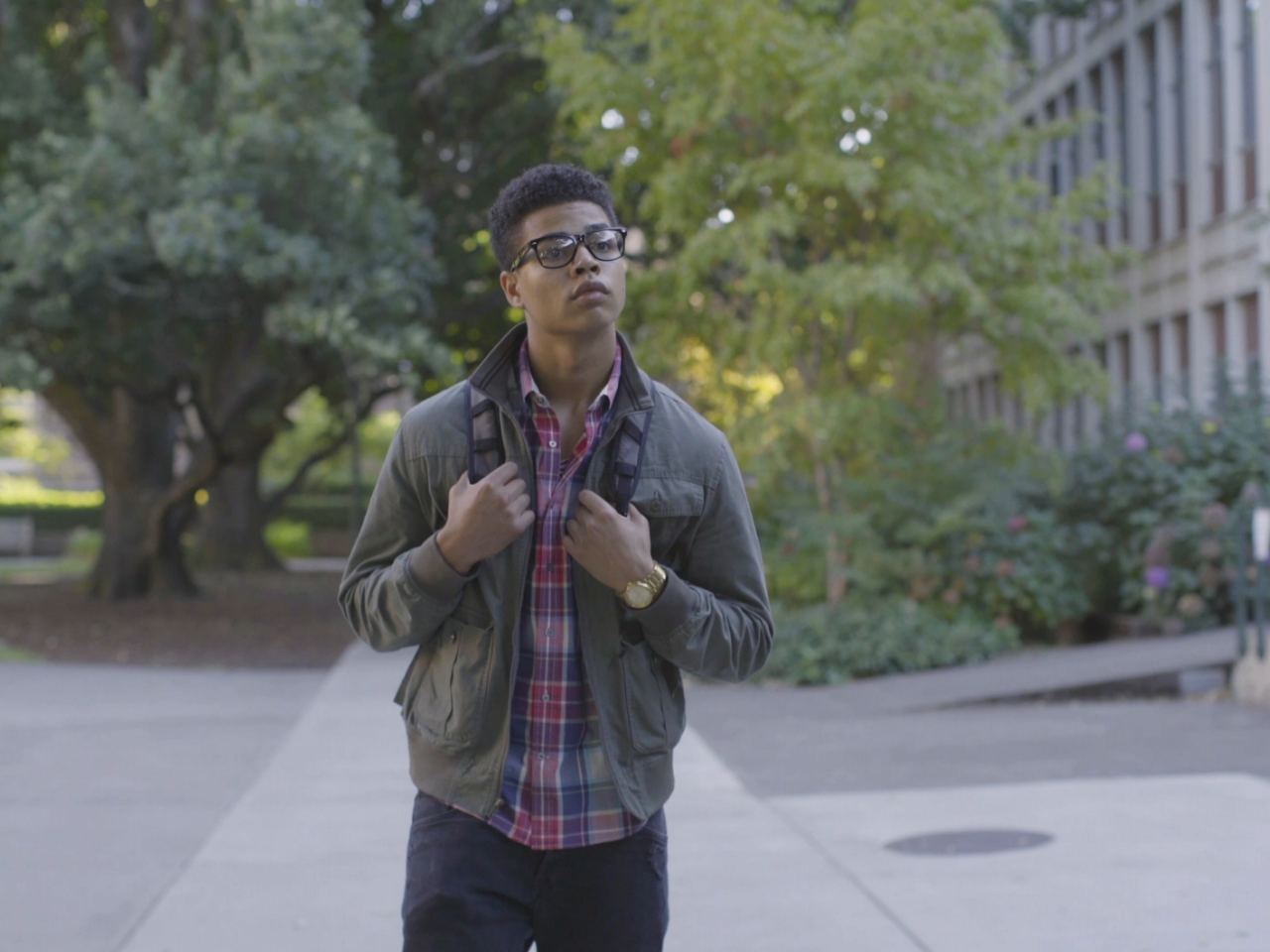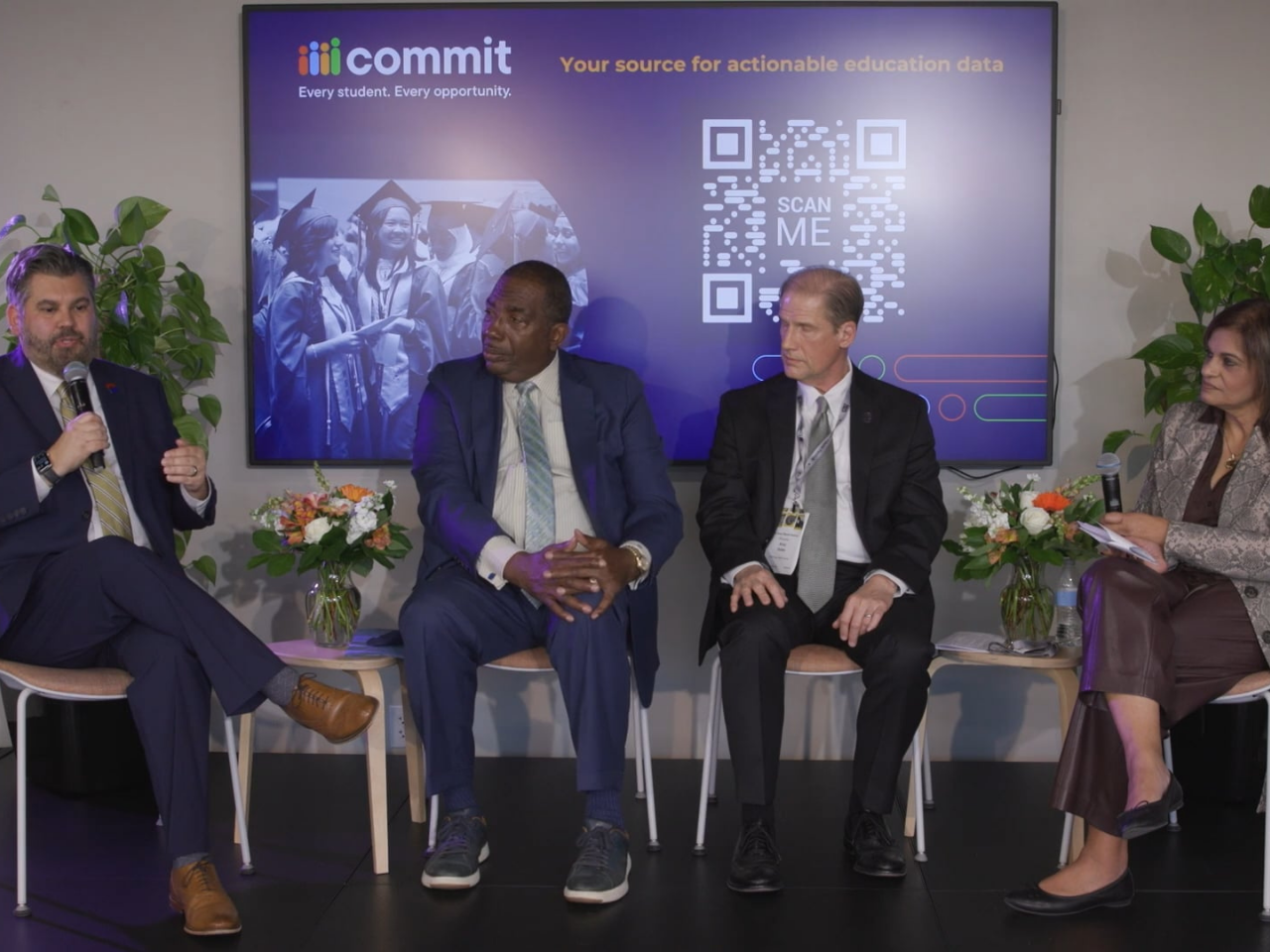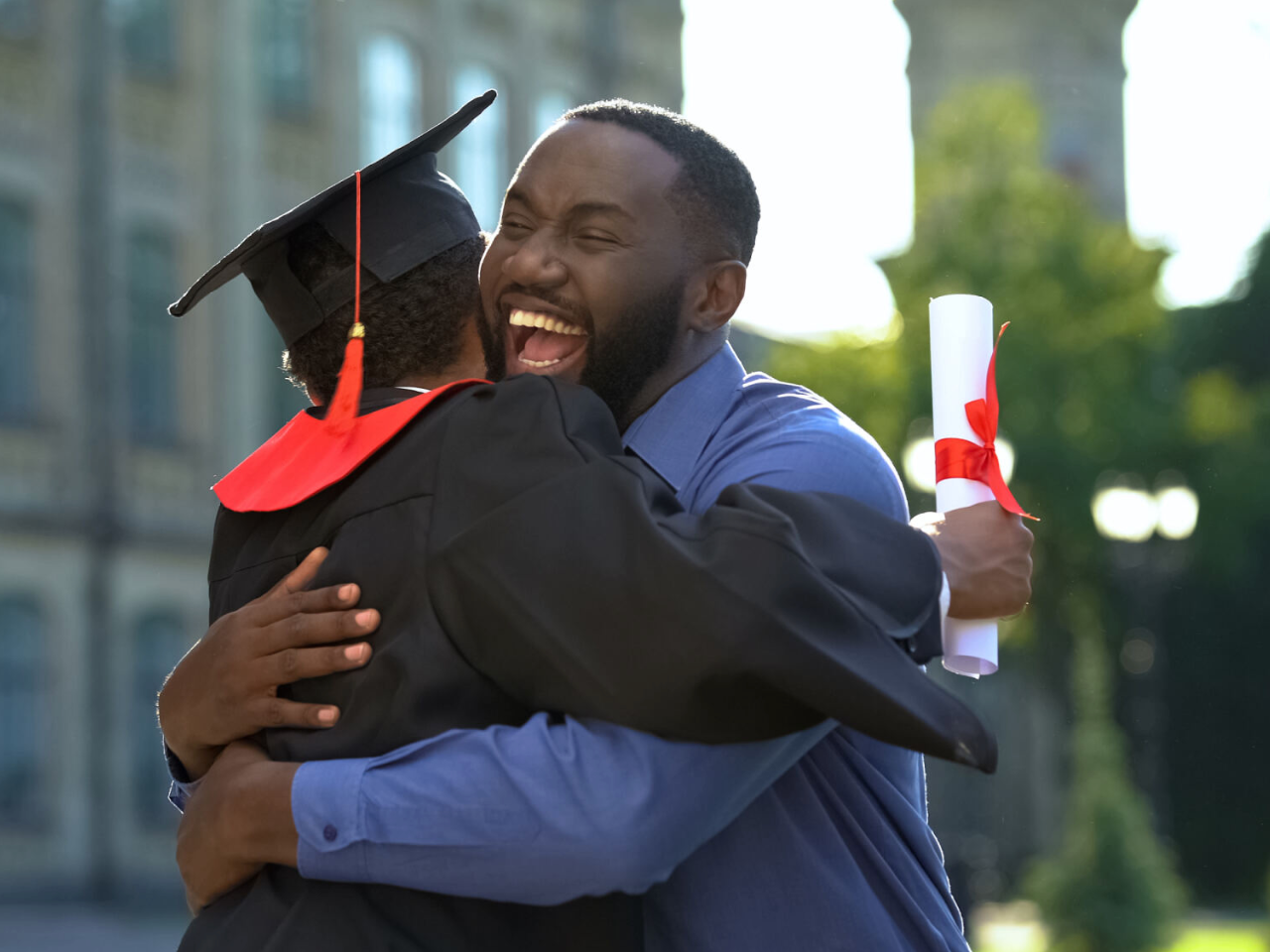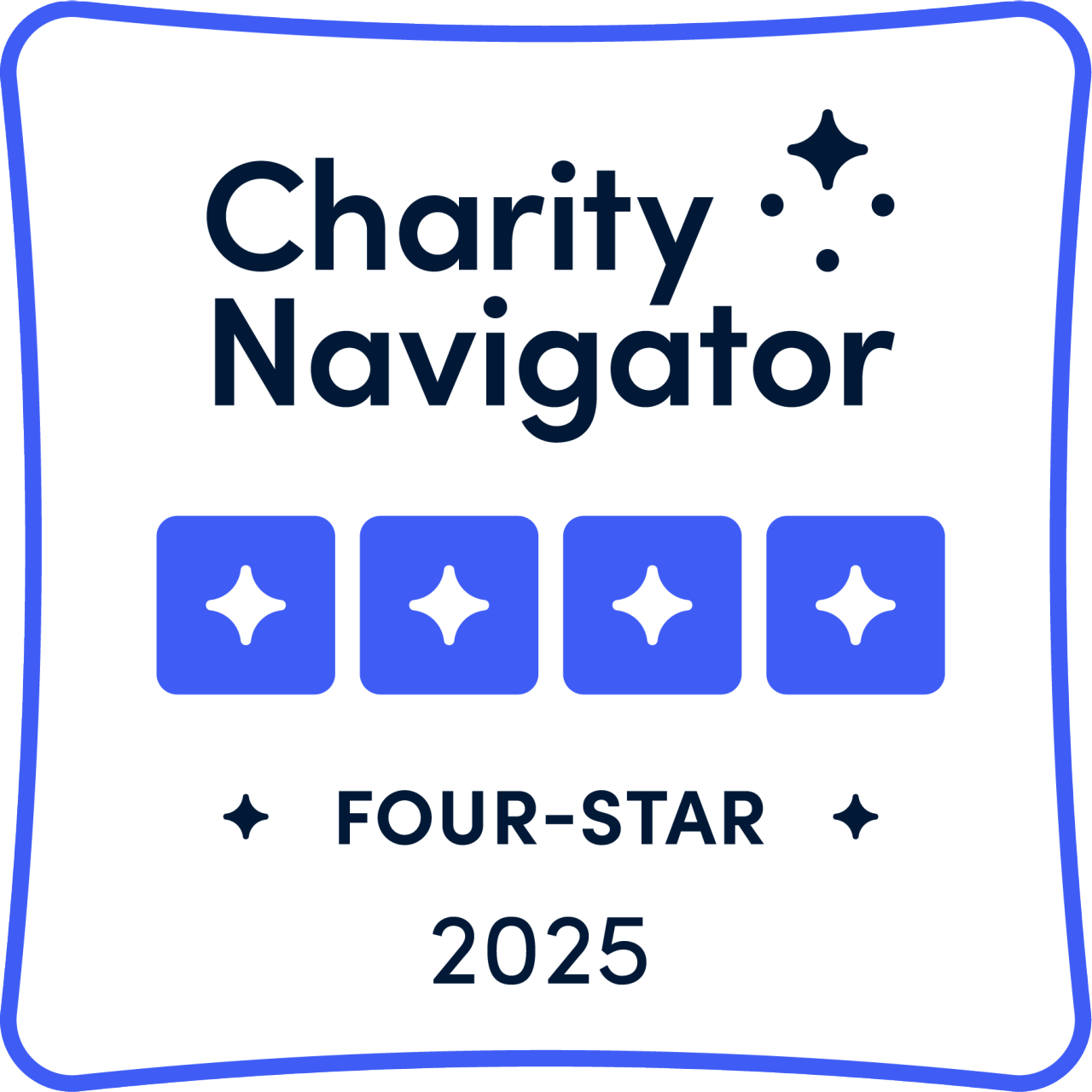Empowering Students Through Near-Peer College Advising in DeSoto




“The first day I had two students who asked ‘Okay miss, are you the new college advisor? And I was like, ‘Yeah, I guess that's me.’”
Iesha Jackson hadn’t planned on becoming an educator, but she knew she wanted to help others. So when the opportunity arose to serve as the college advisor to DeSoto High School’s three thousand students, she immediately threw herself into the work.
“Instantly I had to figure out a system of how to advise these students and explain to them what their options were based on their given circumstances. So I quickly pulled transcripts, looked at their test scores, and consulted an assured admissions list. I created a system.”
Despite a lack of direct professional experience, Jackson knew exactly what these students needed for one simple, but consequential, reason: just four years earlier, she had been in their shoes.
“I told them, ‘Hey, you have someone who literally just went through the process. So trust the process. We know what we're talking about and I'm not going to have you do anything that's a detriment to your success.’ So I think it definitely has helped being a near peer.”
The benefits of this proximity are twofold. Jackson has a deep personal understanding of the modern college-going process and its attendant complexities. This also allows her to develop trusting relationships with the students she serves, a necessary element to embarking upon a postsecondary journey.
“Building those relationships is key,” Jackson elaborated. “Once a student sees that you're invested in what they're trying to do and you're there to help them, they're willing to do anything that you ask them to do. I have students whose teacher will say ‘they're a terrible student,’ but I have no problems out of them. It's that relationship piece that's missing.”
The power of this relationship is perhaps demonstrated best by DeSoto’s financial aid completion rate. The Free Application for Federal Student Aid is an essential step to attending college. It’s also a tedious and invasive mountain of paperwork no student is excited about undertaking. In her first year as DeSoto High School’s college advisor, completed forms increased by 7%. And that was before the district’s college advising staff doubled this school year, with the addition of Taylor Terry, another recent college grad.
“At first it was a little overwhelming because I'm like, how did you do this with 800 [graduating seniors]?” Terry described. “But if you sit down and think about the different ways that you can reach them, and just be patient with it, then you'll be able to do it. I have that scope to where I can see the end goal, because I was there. We literally tell our students, we were here, we've done this. We know, so please listen to us.”
Jackson and Terry credit these authentic, trusting relationships with DeSoto’s continued success in encouraging students to participate in the college application process generally, and in the Dallas County Promise specifically.
The Dallas County Promise is a tuition-free pathway to a postsecondary credential from the Dallas County Community College District and a number of local university partners, including the University of North Texas at Dallas and Texas A&M at Commerce, available to all seniors in participating Dallas County high schools across eleven traditional public school districts.
“Making sure you talk about transferring to a university is really, really big,” Terry explained. “Because I'll have students who know they have lower GPAs or test scores and they think ‘I don't even know if I can get into a university.’ I'm like, well, as soon as you graduate and go into any postsecondary institution, you get a fresh start. I’ve had that conversation with a lot of students.”
Jackson continued: “The Promise isn't for everyone. The way we pitch it is: this may not be your first plan. This may not even be your second plan, but it's better to have options than to just bank on one thing. Because what happens is, students get accepted and we celebrate and then they get those award letters and it's a different story. ‘Oh miss, I didn't know it costs $25,000 a year and they only gave me $2000.’ And so we start doing the math and, ‘Oh, miss, is it too late to do that Dallas County Promise?’ I'm like, aren't you glad that we made you do it?”
In her two years serving as DeSoto High School’s college advisor, Jackson was able to secure 100% participation on the Promise Pledge, the agreement that kicks off the scholarship process. Last year, 72% of DeSoto seniors completed their financial aid forms and X% enrolled in a postsecondary institution, a rate comparable to the state’s despite having a larger population of students experiencing financial insecurity.
Meanwhile, Jackson is now serving as the district’s first ever To and Through Coordinator. That means she’ll be working with students of all ages and grade levels to ensure college, career, and military readiness across the entire district. “The expectations have amped up by a thousand. I'm still trying to figure out what that even means. How do you get kindergarteners excited about their future? What does that look like?”
It is a role unique to DeSoto ISD, with little precedent in other school districts, but one we may begin to see more of in the future. Under House Bill 3, Texas school districts are now financially rewarded for every student who both graduates from high school ready for college, career, or the military and completes a successful postsecondary transition. And as Jackson can tell you, that takes commitment from the entire school community.
“This is important work. It's a necessity. It has to be done and there has to be buy-in from the top down, from those in charge to your teachers, your students, your parents, your community. Everyone has to be on the same page. If you don't have those people invested in the work, it's meaningless. It's not sustainable. It's more than college banners up on the walls. It's more than acceptance letters. It's more than getting the FAFSA completed. It should be a culture across the board. At the end of the day, our students have endless opportunities and there's no reason they shouldn't be successful if everyone does their part.”








.avif)